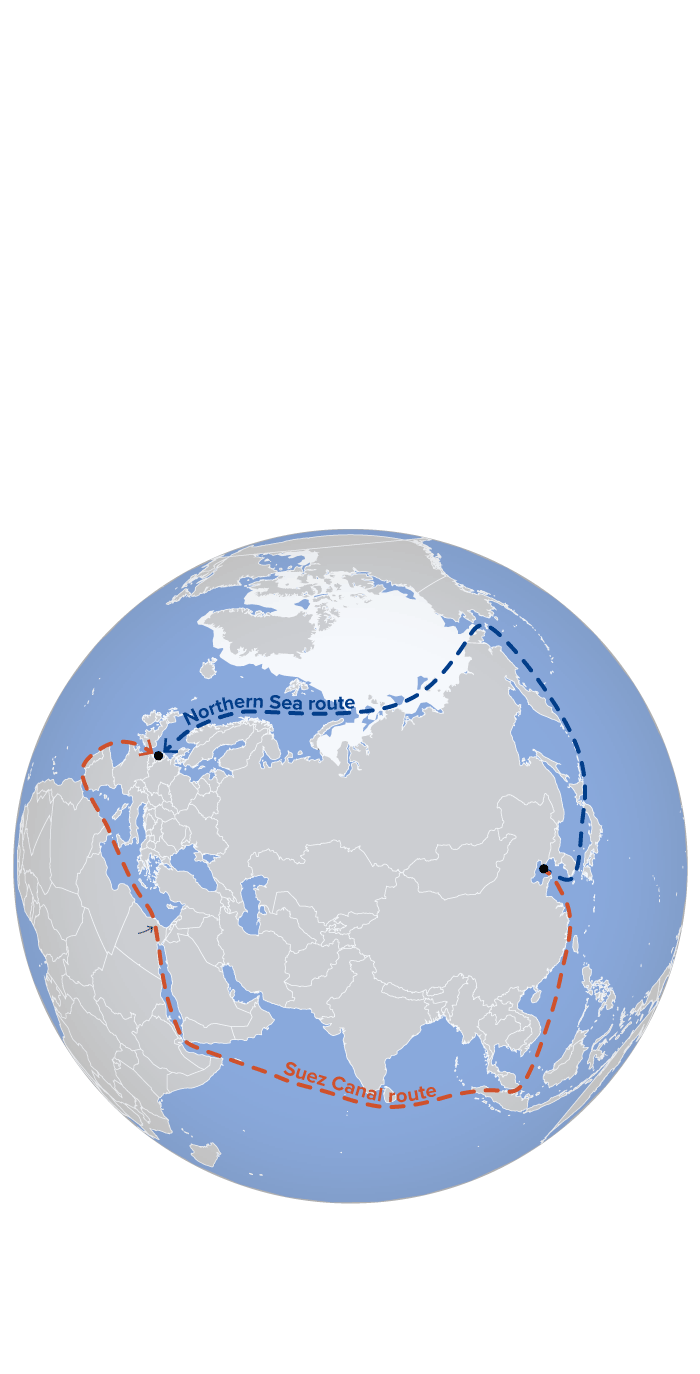Russia and China push back against U.S. warnings over military and economic forays in the melting Arctic
Source: CBS news
July 23, 2024 / 9:51 AM EDT / CBS/AFP
Washington — Russia and China on Tuesday pushed back against a U.S. warning over their increasing military and economic cooperation in the Arctic, where climate change is opening up greater competition................................
...........The two autocratic countries — which two years ago suggested they were working together to offer a new "democratic world order" — pledged in a joint statement signed in May, when Russian President Vladimir Putin visited his counterpart Xi Jinping in Beijing, to consider together the negative impact of the U.S. and NATO's strategy in the Asia-Pacific.
The rapid melting of polar ice has sent activity in the inhospitable region into overdrive as nations eye newly viable oil, gas and mineral deposits as well as shipping routes in an area with a complex web of competing territorial claims.
The issue has been an increasing focus for both Washington and its NATO allies, and particularly Canada, which has more than 100,000 miles of Arctic coastline. Canada's defense ministry recently announced plans to quadruple the size of its submarine fleet with the purchase of 12 new subs capable of operating under sea ice.
Moscow is heavily promoting its Northern Sea Route, an alternative cargo route for vessels travelling between Europe and Asia that can shave significant time off southerly routes...............
Read more: https://www.cbsnews.com/news/russia-china-us-arctic-nato-military-economic-activities-climate-change/
Kamala Harris--if elected as our President is going to have a big problem with the Arctic ice melting so fast.
Shorter shipping routes
The Suez Canal route is mainly used, which is about 11,000 nautical miles. In contrast, the Northern Sea route, lying in Arctic waters with only some parts free of ice for a few months per year, is about 8,000 nautical miles. Melting Arctic ice caps are likely to increase traffic and the commercial viability of this shorter route.

